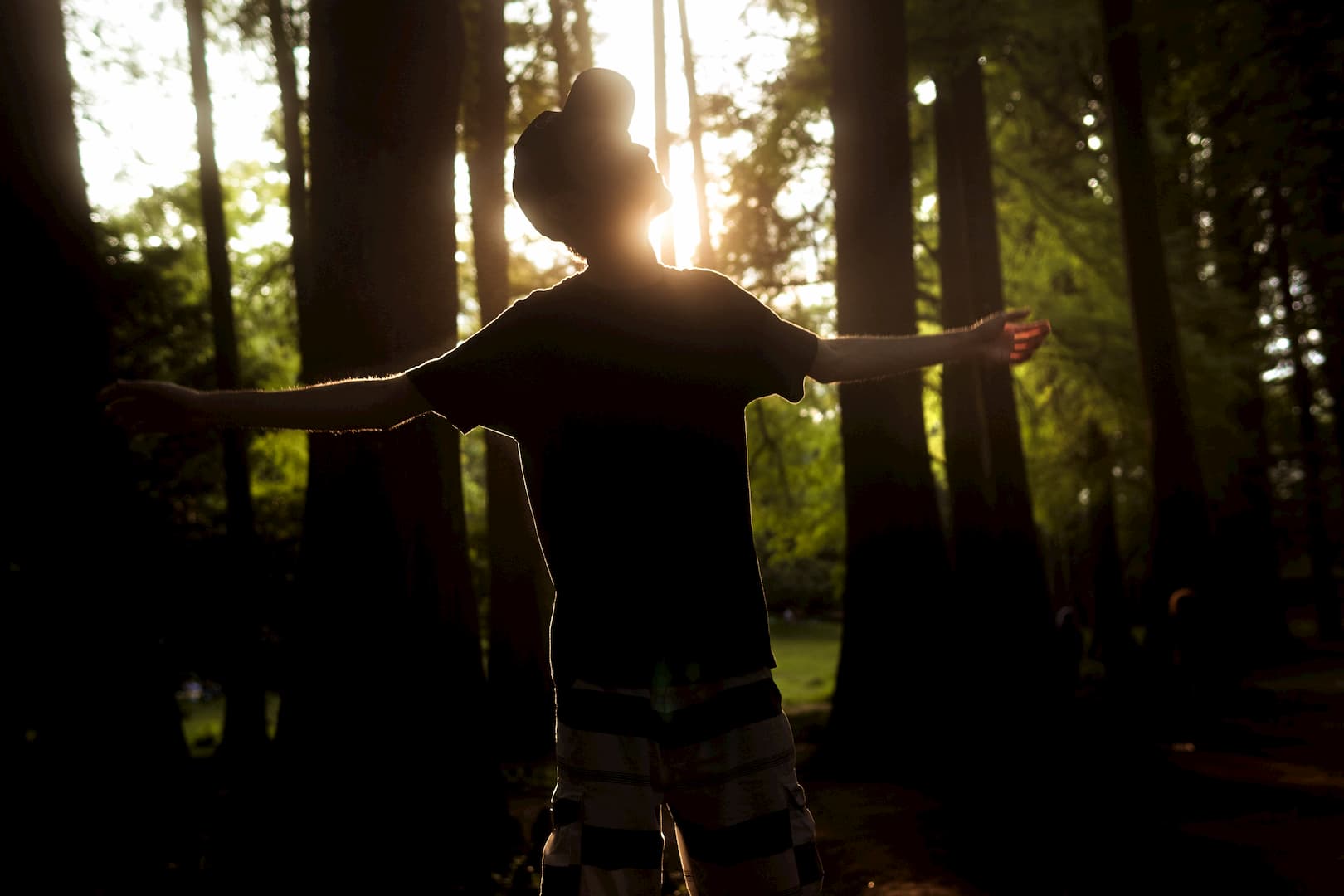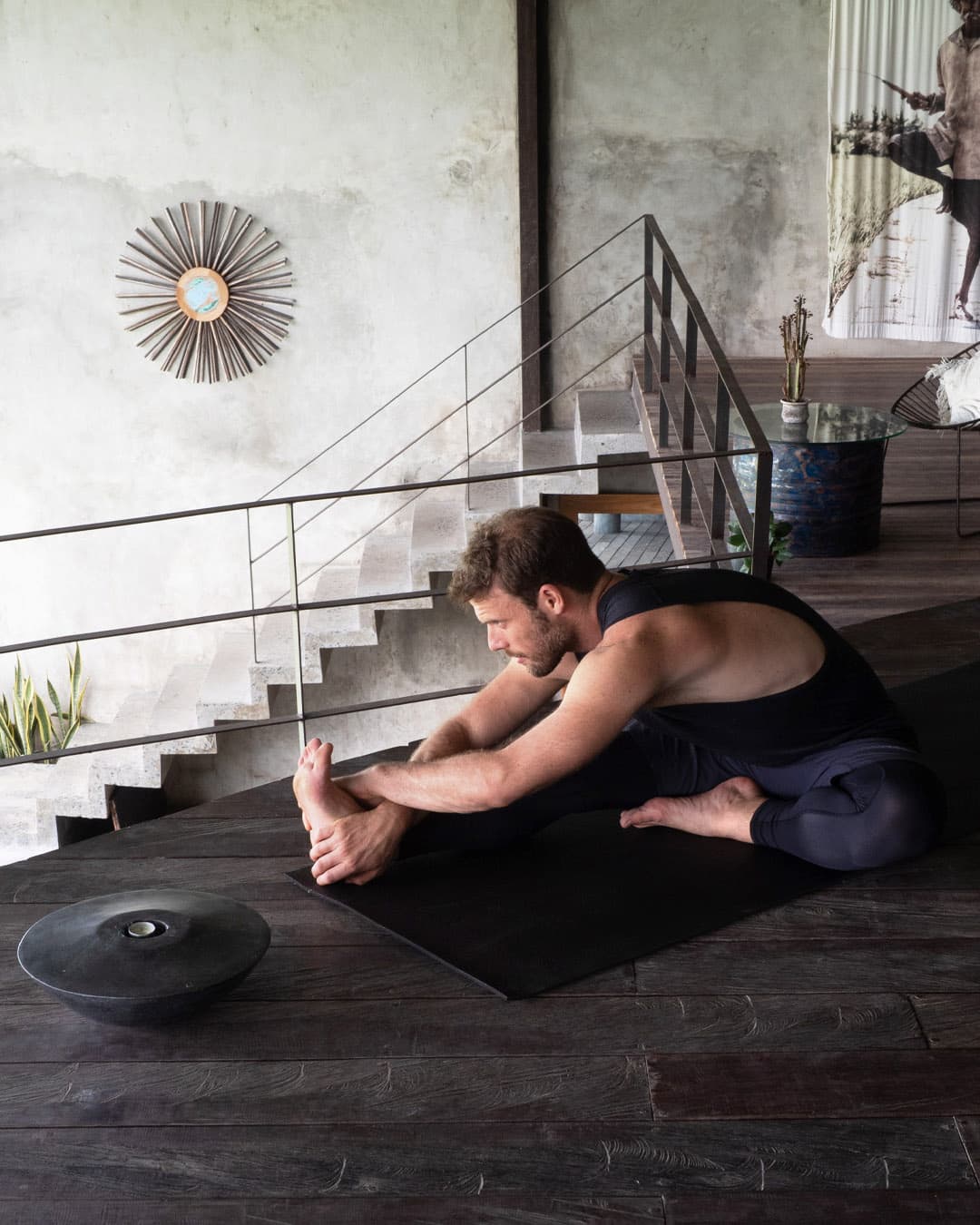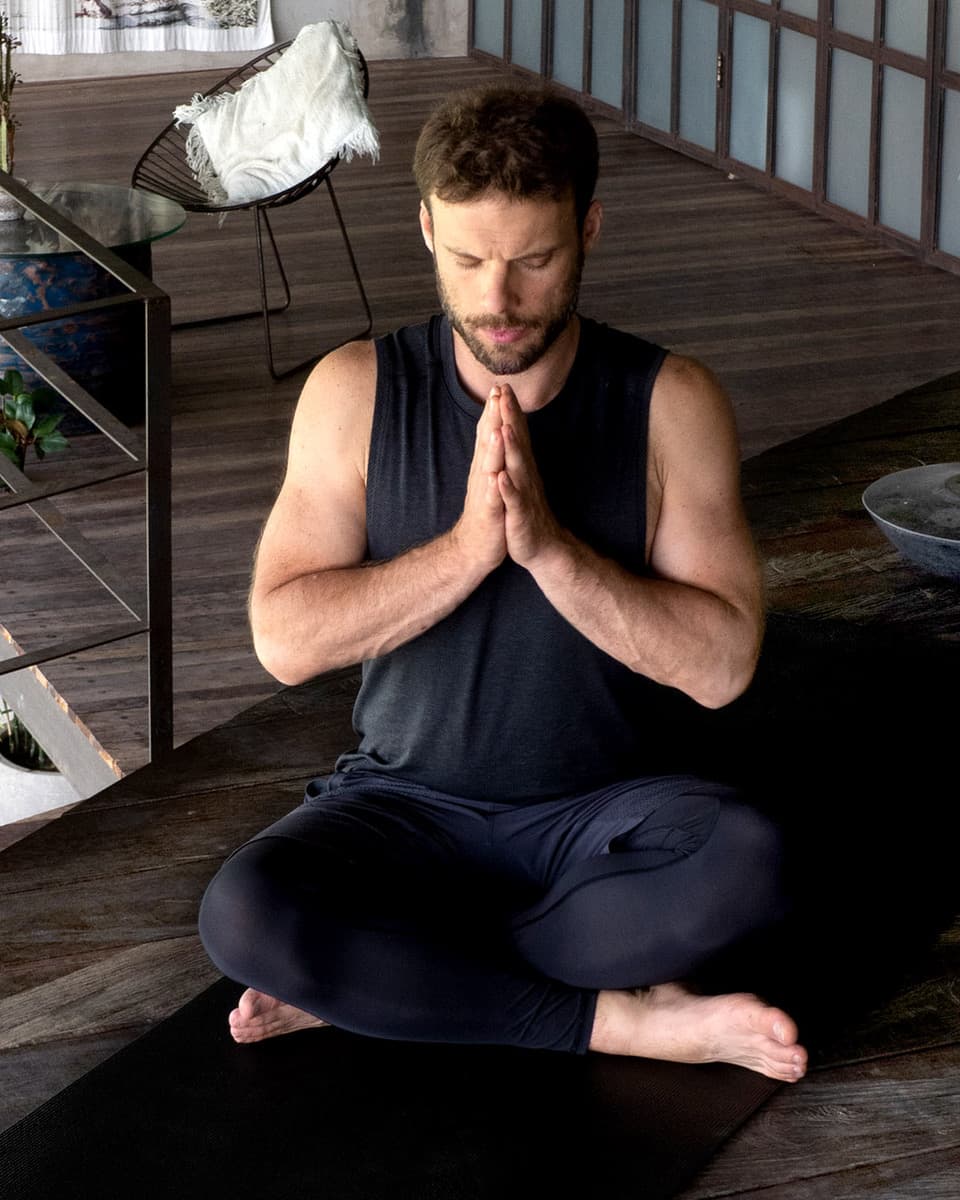
GRATITUDE PRACTICES FOR THE END OF THE YEAR
December 22, 2020A Few more days and the year 2020 will be over. Granted, all of us during our life will be faced with easy going years followed by more challenging ones, but 2020 was definitely a year that is hard to describe. Most of us are still having a question “ what the hell has happened?” floating above our heads. In times like this, it is good to be reminded that life is a constant change of joys and sorrows, pain and health, life and death, peace of mind and anxieties.
A gratitude practice can help us while reflecting on the past year or it is a great practice to embrace as our New Year resolution.
Since way back in time, our ancestors were embracing the practice of gratitude to keep them connected with the present moment and to embrace life as a whole. Buddhist monks are beginning each day with the chant of gratitude, Native Americans are chanting prayers of gratitude for Mother Earth and Father Sky, in Tibet nuns and monks are offering the prayers of gratitude for the sufferings given to them and on Bali, locals are daily offering prayers and flowers of gratitude to spirits and nature that surrounds them. It has also been found that Hatha yoga and Kundalini yoga have been great ways to maintain gratitude proactively within our lives. Taking time to find the right yoga instructor that we resonate with, or taking the best online yoga class that suits our needs. For when our body needs more rest, there are also less movement based practices that will support a gratitude practice.
Gratitude meditation is a type of meditation that focuses on expressing gratitude for the things in your life.
The word gratitude is derived from the Latin word gratia, which means grace, graciousness, or gratefulness. In some ways gratitude encompasses all of these meanings. Gratitude is a thankful appreciation for what an individual receives, whether tangible or intangible. With gratitude, people acknowledge the goodness in their lives. In the process, people usually recognize that the source of that goodness lies at least partially in interconnectedness. As a result, gratitude also helps people connect to something larger than themselves as individuals — whether to other people, nature, or a higher power.
In positive psychology researches, gratitude is strongly and consistently associated with greater happiness. Gratitude helps people feel more positive emotions, relish good experiences, improve their health, deal with adversity, and build stronger relationships.
Ways to cultivate gratitude:
Gratitude is a way for us to remind ourselves and appreciate what we already have instead of constantly wanting something more in a hope that it will bring us happiness. It’s a way to refocus our mind to notice what we have already instead of what we are lacking. Making it a daily habit can grow us stronger and more content.
Here are some suggestions how you can practice:
- Meditate
Mindfulness meditation involves focusing on the present moment without judgment. Although people often focus on a word, phrase or breathing, it is also possible to focus on what you're grateful for (the breeze on your skin, the warmth of the sun, the quiet moment…). - “Count your blessings” journal
Take some time at the end of every week and write down things that you were grateful for in the previous days, things that made you smile. Be specific and notice the sensations in your body while doing the exercise. Its good to set the number such as 5 or 10 things. - Give thanks for the food
Before eating, stop for a moment and reflect on the food infant of you. Think of all the people known and unknown to you that made that meal possible for you (farmers, delivery drivers, chefs…). Thank them mentally. - Write a thank-you note.You can make yourself happier and nurture your relationship with another person by writing a thank-you note expressing your enjoyment and appreciation of that person's impact on your life. You can send it, or better yet, read it in person if possible.
- Dedicate some time during your week to hop on your mat! A more consistent Hatha yoga flow or Kundalini yoga class attendance will boost the flow of energy in your body. Making it easier to slip into the heart center, and therefore reside in more gratitude. If you have not found the best yoga teachers in your area, don’t worry… online yoga courses are abundant and accessible!
- Once in a while, write one note to yourself (on a steamed bathroom mirror or stick it on the fridge :)).
ARCHIVES
RECENT ARTICLES
JANU SIRSASANA - HEAD TO KNEE FORWARD FOLD
October 28, 2022
JANU SIRSASANA - HEAD TO KNEE FORWARD FOLD
October 28, 2022
JANU SIRSASANA - HEAD TO KNEE FORWARD FOLD
October 28, 2022
JANU SIRSASANA - HEAD TO KNEE FORWARD FOLD
October 28, 2022
LOVINGKINDNESS MEDITATION
October 18, 2022







